Yes I found time to write an entire novel and get it published but never got around to making a blog post about it. Sorry. But the rumors are true: my debut novel The Disassembly of Doreen Durand has been out for about two months! Here’s a bit of a bloggy wrap up I suppose. Needless to say, it’s been a whirlwind experience. I’ve cycled through all the stages of egomania and now I’m out the other end working away on book two (bit heavy on the sophomore slump vibes atm). It’s weird to see people just discovering Doreen now while I’ve not exactly moved on, but no longer have her on my mind every waking moment, as it was while I was writing it.
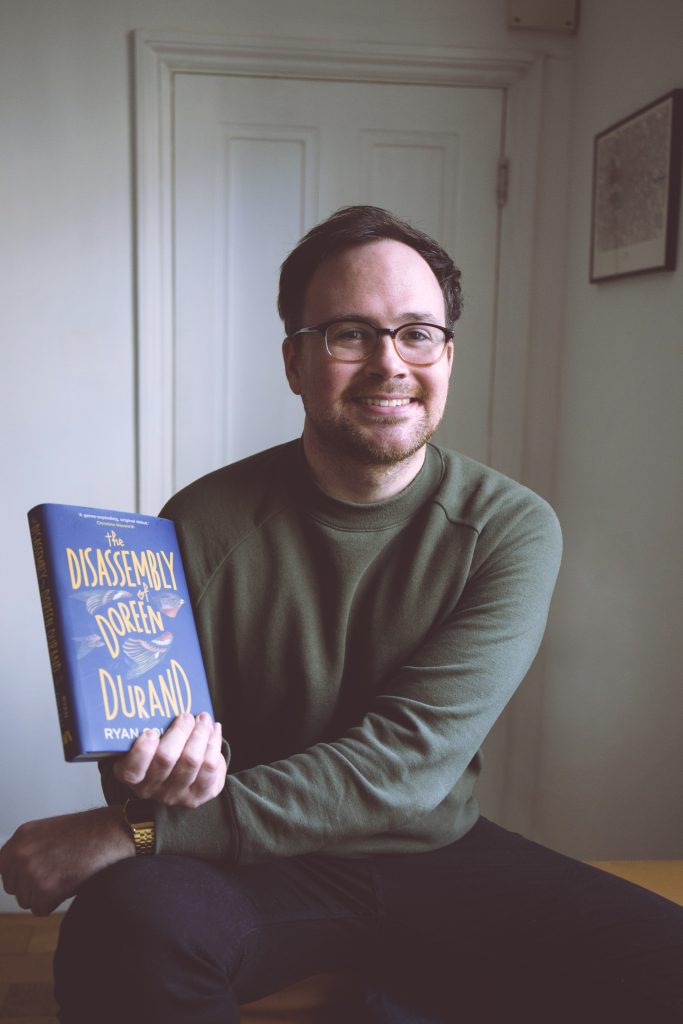
Hey what’s the book about anyway?
The book is about Doreen Durand, who sees a terrible accident from her window, but does nothing about it. She doesn’t try and help, doesn’t call the police, she just watches. She stays holed up in her apartment while the consequences of her inaction pile up around her.
Sounds bleak! Isn’t summer 2021 supposed to be like, happy?
It’s a bit dark in places, I’ll admit! But the story quickly unfolds into something else, then something else. Then something else entirely. Doreen falls into the company of a mysterious, immeasurably wealthy woman with a strange name and the two of them run away together. A gloomy cop tries to track them down. It’s a literary thriller, a mystery, a meta-physical comedy, and honestly, sometimes a light-hearted beach read. I don’t know how these things work out, but this is what I’ve got for you and I think you’re going to like it. Reviews so far have been good!
Wait, I thought you were the knitting guy on YouTube?
I still am! But I’m unbrandable. I’ll always be knitting. I’ll always be writing. I even knit a sweater to celebrate the book launch: https://youtu.be/GV05jGAuGIk
OK so you just randomly wrote a book and now it’s here?
Well I’ve always been writing and working away at little projects. To be a published author was always one of those big life goals I’ve had, and as I worked on my writing, it became more and more of a realistic goal. It’s all baby steps and pipe dreams until one day it starts feeling really feasible. I wrote a novel, which taught me hey I could actually do this. Then I wrote another novel, which landed me my agent. Then I wrote another novel and that’s what’s sitting in bookshops today.
Where can I buy a copy of this fantastic-sounding book and stop pretending I’m not actually you asking these questions in third-person?
Where all good books are sold, throughout the UK! Foyles, Waterstones, etc. all have physical copies. You can order the book online from those same retailers, Bookshop.org, and of course the evil empire. If you’re buying internationally, you can order from Book Depository. I think Waterstones also ships internationally with no extra cost.
Now what?
Well if you read it and liked it, tell a friend! Drop a little five-star review with an online retailer or Goodreads, or just shout about it into the void. If you didn’t like it, read it again. In fact, buy another copy and read that new copy. And if you still didn’t like it, well, now you have two beautiful books. It really has a gorgeous cover…
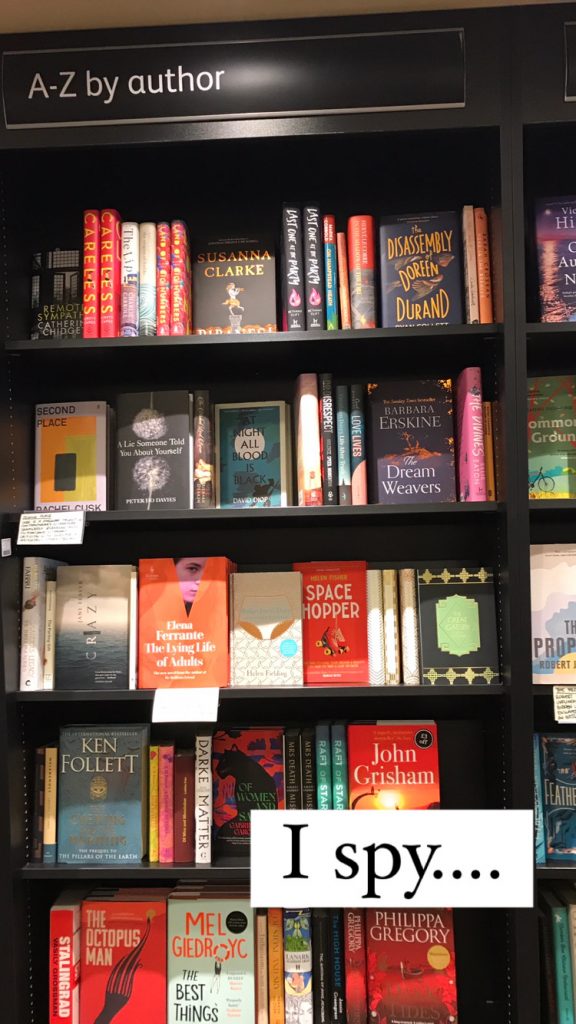
[/et_pb_text][/et_pb_column][/et_pb_row][/et_pb_section]

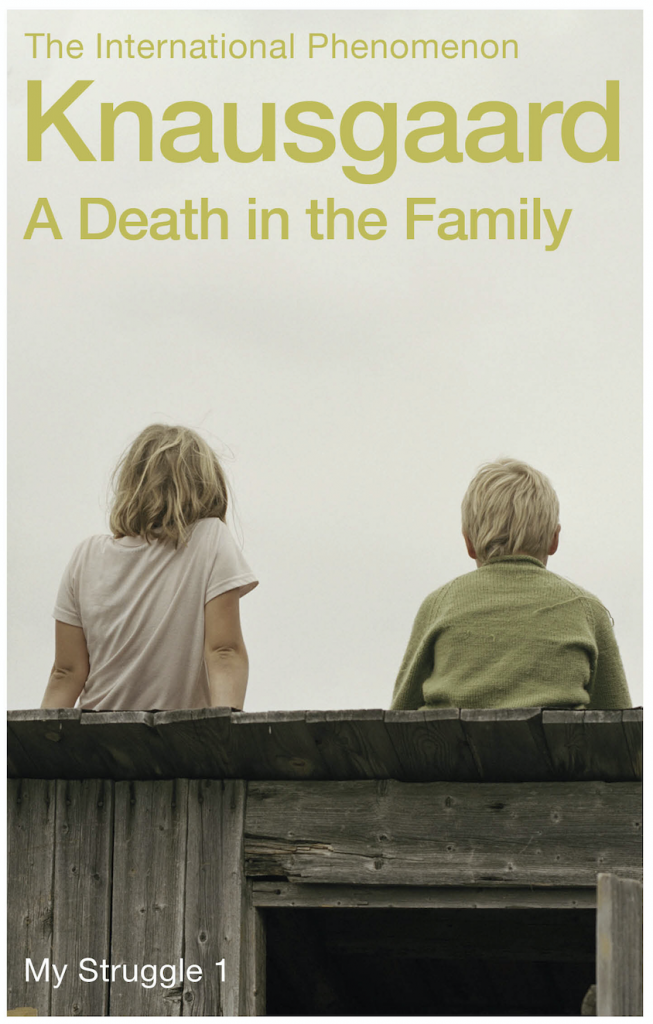
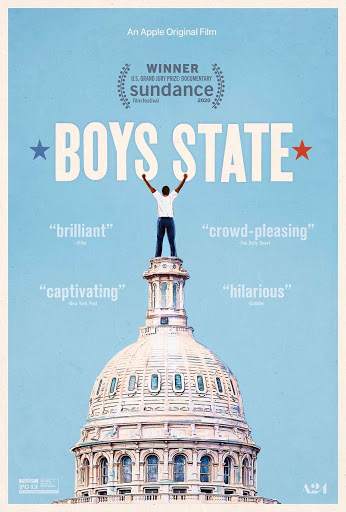
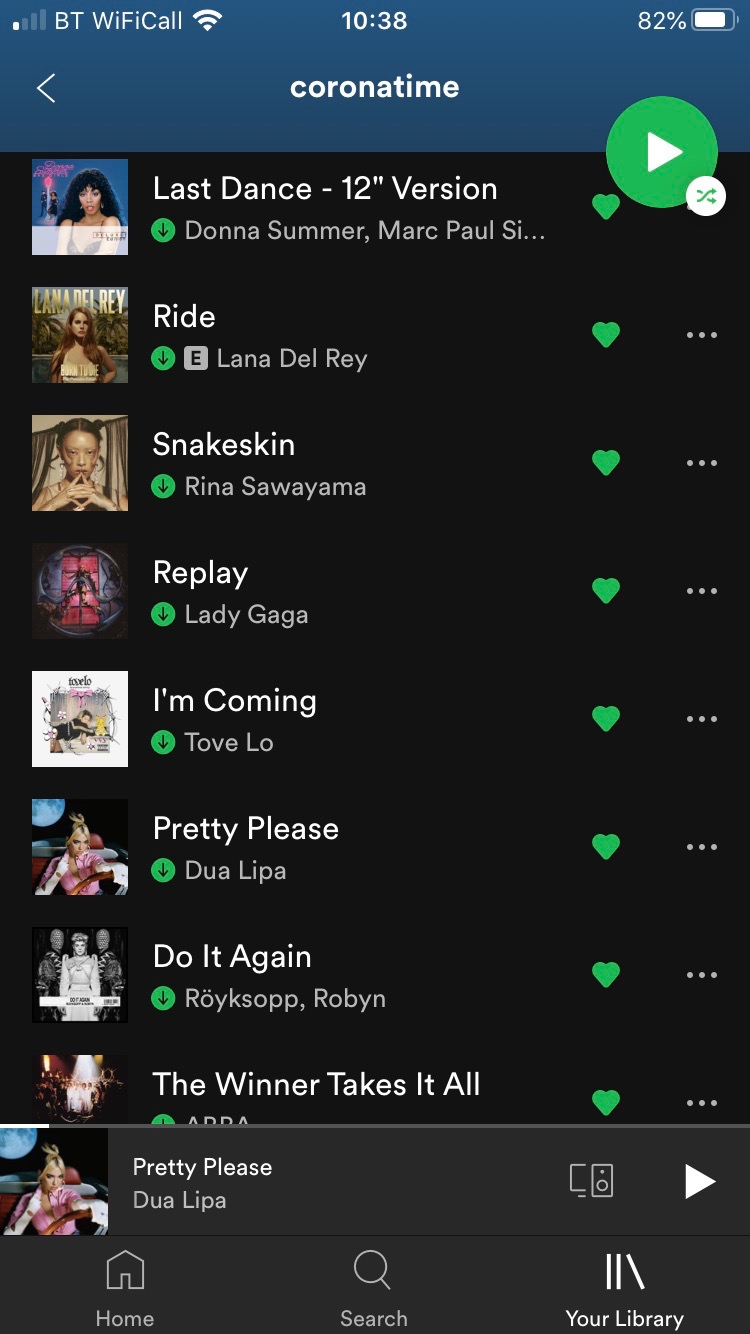
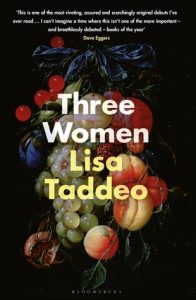

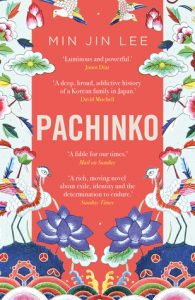 I’m reading the book Pachinko by Min Jin Lee, which is actually three books wrapped up in one! Books, not parts. It’s always a nice surprise when a book does that. It forces your reading-brain to recalibrate itself and think “OK, what I just read was a book. Now this next bit is also a book,” and figure out what the story was (or wasn’t) and what that means. The breaks feels more solid as opposed to a book that’s only broken up into parts.
I’m reading the book Pachinko by Min Jin Lee, which is actually three books wrapped up in one! Books, not parts. It’s always a nice surprise when a book does that. It forces your reading-brain to recalibrate itself and think “OK, what I just read was a book. Now this next bit is also a book,” and figure out what the story was (or wasn’t) and what that means. The breaks feels more solid as opposed to a book that’s only broken up into parts.